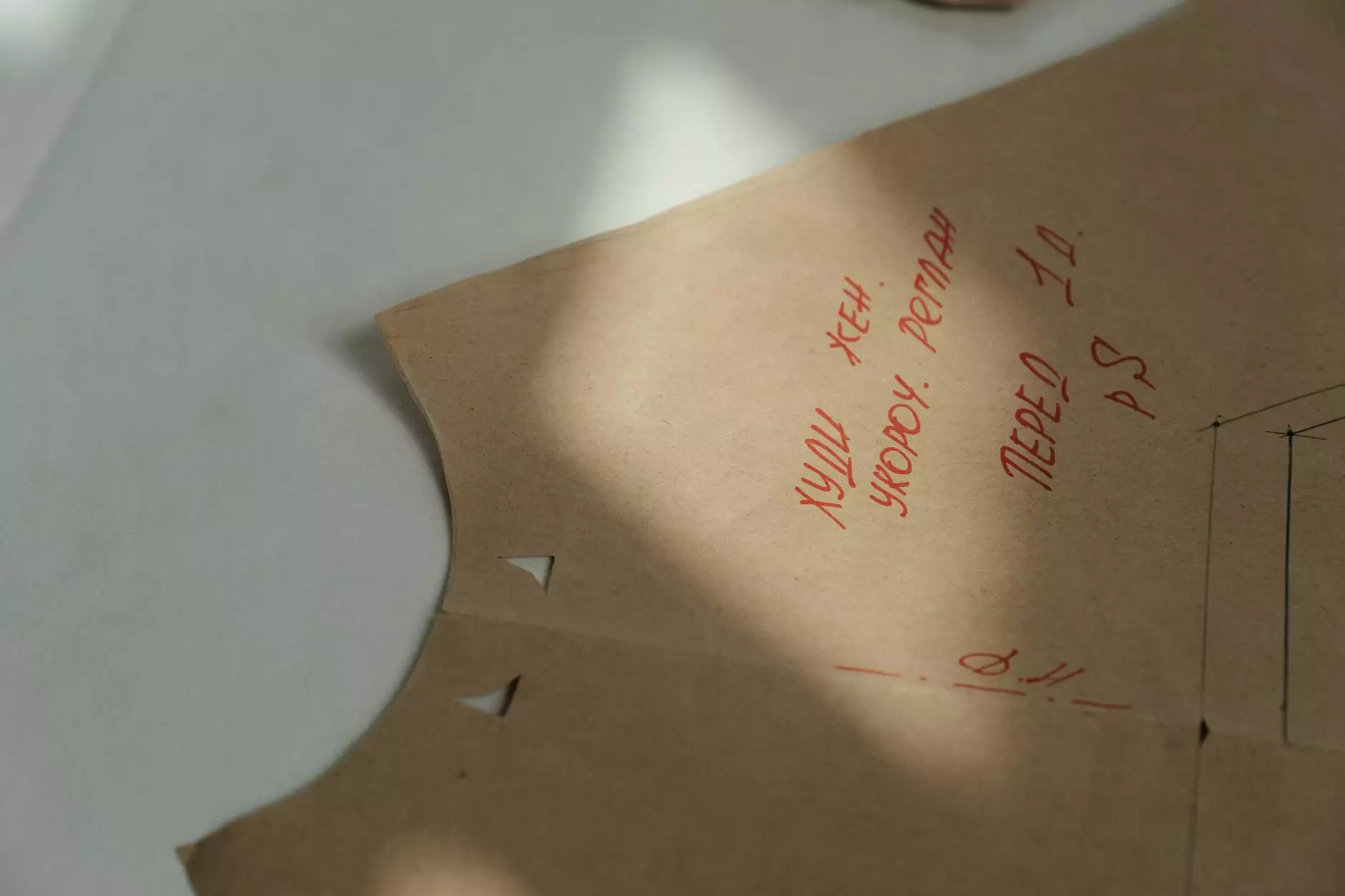Understanding Adverse Possession in Washington State

Adverse possession is a legal doctrine that allows a person to claim ownership of land under certain conditions, even if they do not hold the title to it. In Washington State, this complex concept includes specific requirements that must be met for a claim to be valid. This article will delve deep into the nuances of adverse possession, providing a comprehensive guide for property owners, potential claimants, and legal professionals alike.
The Basics of Adverse Possession
To understand adverse possession in Washington State, it’s essential first to grasp the fundamental principles of this doctrine. The principle underlying adverse possession is rooted in the notion that land should be productive and utilized. If an individual or entity treats a property as their own uninterruptedly for a period, they may eventually claim legal ownership, provided they meet specific criteria.
Key Elements of Adverse Possession
In Washington State, there are five critical elements to establish a claim of adverse possession:
- Open and Notorious Possession: The possessor must occupy the land visibly and obviously, so that the true owner is aware or should reasonably be aware that someone else is claiming ownership.
- Exclusive Possession: The individual claiming adverse possession must possess the property exclusively, meaning they cannot share possession with others, including the true owner.
- Continuous Possession: The possession must be continuous for a specified duration, which in Washington State is typically 10 years.
- Hostile Possession: The possession must occur against the true owner’s interest. This doesn’t imply hostility but rather that the occupant is asserting a claim independent of the owner’s consent.
- Claim of Right: The individual must possess the property with the intent to own it, treating it as their own without permission from the original owner.
The Duration of Possession
Under Washington State law, the period required for adverse possession is significantly defined as 10 years. This duration emphasizes the importance of consistent and uninterrupted use of the property. If the true owner intervenes within this period and asserts their rights, the time does not count towards the 10 years required for a claim of adverse possession.
Implications of the 10-Year Rule
The 10-year rule serves several purposes:
- It encourages land use and prevents the abandonment of properties.
- It helps clarify title issues and ensures that properties are managed efficiently.
- It protects individuals who may have invested time and resources into the care and use of a property.
Benefits of Adverse Possession
While the concept of adverse possession may seem controversial, it can have several benefits for both possessors and the broader community:
For the Possessor
Individuals engaging in adverse possession can potentially secure ownership of valuable property. This is especially significant in cases where properties are neglected, abandoned, or not actively utilized by the legal owner.
For the Community
Adverse possession can lead to the revitalization of neglected lands, fostering community development and making once-abandoned properties productive again.
Legal Process of Claiming Adverse Possession
The process of claiming adverse possession can be complex and often entails legal hurdles. Here is a general guideline on how to navigate this process in Washington State:
1. Document Your Possession
To make a successful claim, it's crucial to maintain detailed records of activities on the property, including:
- Physical alterations made to the property, such as building fences or renovating structures.
- Tax payments made for the property, indicating a claim of ownership.
- Any communications with the original owner or neighbors regarding the use of the property.
2. Gather Evidence
In addition to documentation, gather evidence to support your claim. This might include:
- Photographs showing the property's condition during the period of possession.
- Witness statements from neighbors or community members who can attest to your use of the property.
- Official documents relating to property taxes, repairs, or alterations made to the property.
3. Seek Legal Advice
Because of the legal complexities involved, consulting with a qualified attorney experienced in real estate law is highly advisable. An attorney can help navigate the process and advise on the best course of action.
Filing a Claim for Adverse Possession
If the criteria are met, and after consultation with a lawyer, you can file a lawsuit to formalize your claim for adverse possession. The process typically involves:
- Filing a Complaint: Submit a formal complaint in the appropriate court detailing your claim and supporting evidence.
- Serving the Original Owner: The true owner must be served with legal notice of the claim.
- Court Hearing: A court hearing may be scheduled where both parties present evidence. The judge will ultimately make a ruling based on the evidence presented and the law.
Challenges and Defenses to Adverse Possession Claims
Despite the potential benefits, claiming adverse possession can encounter various challenges. Original owners often contest claims based on the following defenses:
- Lack of Open and Notorious Possession: If the true owner can prove that the claimant's possession was not visible, the claim may be defeated.
- Interruption of Possession: If the original owner takes steps to reclaim the property, it may interrupt the continuous possession required.
- Permission: If the possessor had permission to use the property, it cannot be claimed as adverse possession.
Legal Precedents and Case Studies
There have been several notable cases in Washington State concerning adverse possession, providing important insights into how courts interpret the law. Understanding these precedents can be crucial for both current and future claimants.
Case Study: Doe v. State
In this seminal case, the Washington Supreme Court addressed the nuances of what constitutes 'hostile possession.' The ruling clarified that possessing land without the owner's consent, even if reasonable use was in question, could still qualify under adverse possession.
Impact of Legal Decisions
The outcomes of these cases have far-reaching implications for property ownership and adverse possession claims, reinforcing the importance of the five critical elements in establishing a valid claim.
Conclusion
Adverse possession is a powerful legal concept that can change the ownership landscape in Washington State. While the requirements and process may seem daunting, understanding the fundamental principles, benefits, and potential challenges can empower individuals and entities to navigate this terrain effectively.
If you believe that you may have a claim of adverse possession or if you have questions regarding your property rights, consulting with an experienced lawyer is essential. At McFerran Law, our team is dedicated to providing expert legal guidance in real estate law, ensuring your interests are protected and your rights are upheld.
adverse possession washington state








